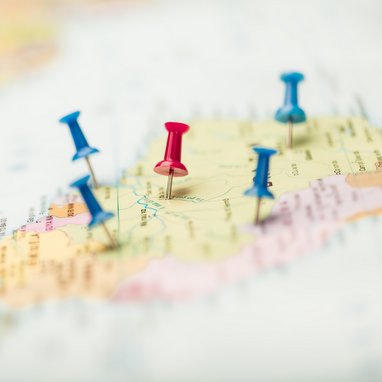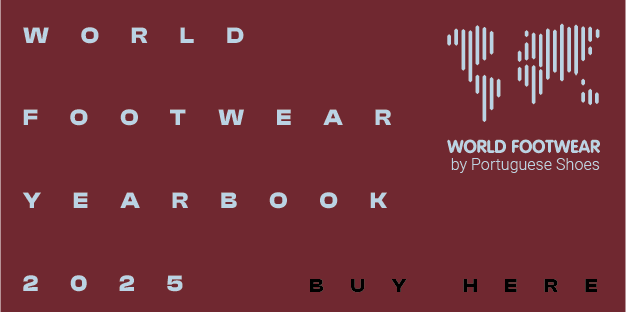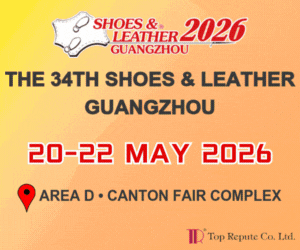Rwandan economy boosted by growth in leather sector

A 24% increase in the leather output helped the Rwandan economy grow by 6.1% in 2017, with a 10.5% growth rate registered in the fourth quarter
The Minister of Finance and Economic Planning Dr Uzziel Ndagijimana said the government is committed to creating a conducive environment that supports the economy to grow: “This is a consecutive quarter our economy has registered double digit growth. Going forward we hope to keep the momentum”.
Measures in order to achieve this kind of expansion have been taken since 2015. Indeed, in November that year, the government of Rwanda announced it was looking to boost the local leather industry by discouraging imports of leather products from abroad through heavy taxes on the imported products. Furthermore, the government expressed its intention to encourage locally made leather products since, according to a remark made by Minister for Trade and Industry Francois Kanimba, “[In 2014] the value of leather exports was 14 million US dollars annually, but a case study conducted by the ministry indicates that if we process and tan the skins and make leather products like shoes, bags, belt locally, the money can increase to 170 million US dollars.”
Indeed, the expansion of the local leather industry now makes for a more lucrative alternative for local hides and skins traders that were previously exporting abroad. In the past, the lack of a viable market for these products forced the merchants to sell them abroad despite the high costs of transportations. Now, as Rwandan factories increase, this is no longer the case. Although no major differences in prices are present, traders can now avoid transport costs. Moreover, the government is protecting the local leather industry through increased tariffs on exports of hides and skins. “These factories need a steady supply of hides and skins to operate, so if dealers don’t comply, the government will take other measures”, commented Kanimba.
As a matter of fact, one of the main reasons for the expansion of the leather sector is Kigali Leather Ltd., one of the leading leather-processing factories in the country. The company, owned by two Chinese businessmen, currently manufactures leather and leather products, and supports the Rwandan economy by purchasing its hides from local producers. At the moment, it is looking to invest 2 million US dollars in 2018 in order to acquire machinery to make other leather products including handbags and furniture. This is likely to positively impact the country’s economy: "Value addition definitely makes a whole lot of difference as finished products fetch more revenue. The small artisans that make shoes and other leather items can also now access processed leather easily", were the words of Annet Karenzi, the General Director for industry and SMEs and entrepreneurship at Rwanda’s Ministry of Trade and Industry.
According to IMF and the Ministry of Finance and Economic Planning projections, the economy is expected to grow by 7.2% in 2018.












